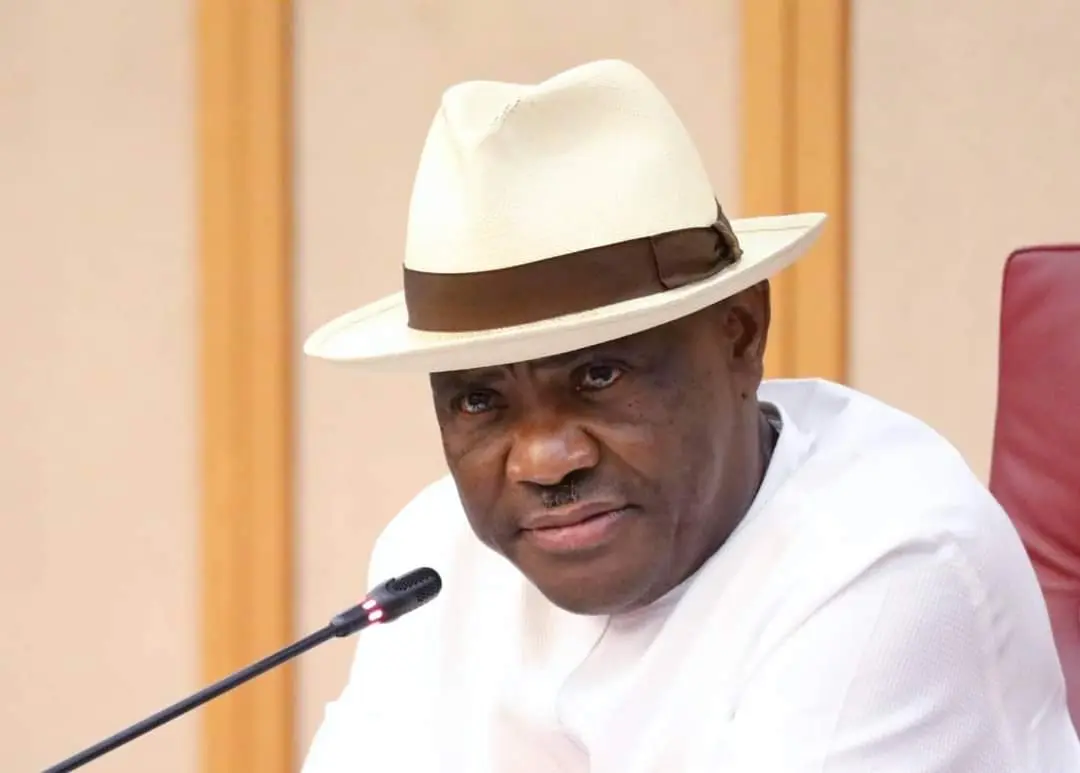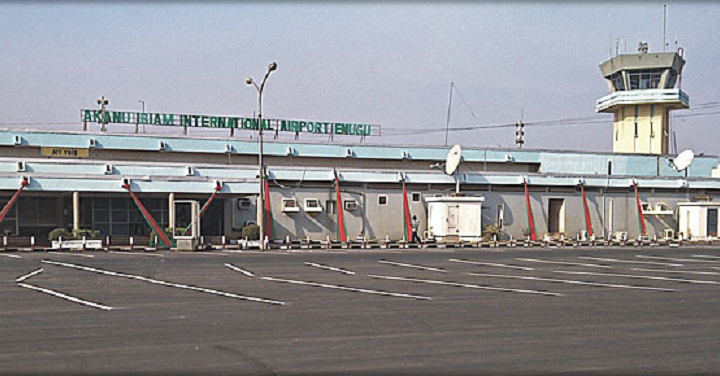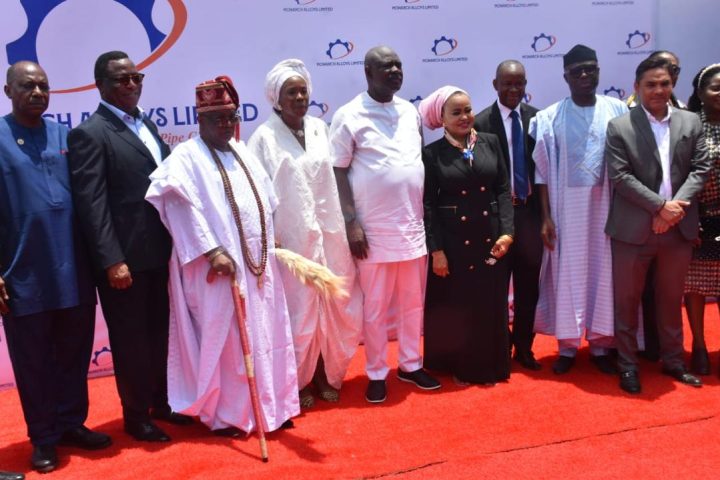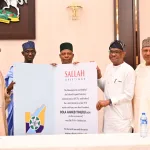The Federal Capital Territory (FCT) of Nigeria has witnessed a series of dedicated ministers overseeing its administration and development since its inception in 1976.
Read along as we delve into the history of FCT ministers from the early days in Lagos to the present day in Abuja, with a focus on the recent appointment of Nyeson Wike as the FCT Minister by President Tinubu.
Join our WhatsApp ChannelThe newly sworn-in Minister of the Federal Capital Territory (FCT), Nyesome Wike, resumed office on Monday. He arrived at FCTA at about 1:20 pm after the swearing-in ceremony at the presidential villa.
A Shift in Capital: Lagos to Abuja
Nigeria’s bustling commercial hub, Lagos, initially served as the Federal Capital Territory until the late 1970s. The idea of relocating the capital to Abuja emerged during the military regime of Gen Murtala Muhammed. This marked the beginning of Abuja’s transformation into the center of governance and administration for Nigeria.
The Era of Development: Gen Ibrahim Babangida’s Bold Move
Various Nigerian leaders contributed to the development of Abuja, with significant milestones achieved along the way. While Gen Olusegun Obasanjo continued the policies initiated by his predecessor, the likes of Shehu Shagari and Gen. Muhammadu Buhari allocated substantial funds for Abuja’s progress. However, it was Gen. Ibrahim Babangida who took the monumental step of officially relocating the FCT from Lagos to Abuja on December 12, 1991.
Past FCT Ministers: Overseeing Administration and Growth
Since its establishment, the FCT has been managed by a succession of ministers appointed by the ruling government to oversee its administration and growth. The list of FCT ministers, spanning from 1976 to the present, provides insights into the leadership changes and developments within the FCT.
Mobolaji Ajose-Adeogun (1976-1979) – Lagos
John Jatau Kadiya (1979-1982) – Lagos
Iro Abubakar Dan Musa (1982-1983) – Lagos
Haliru Dantoro (1983-December 1983) – Lagos
Mamman Jiya Vatsa (1984-December 1985) – Lagos
Hamza Abdullahi (1986-1989) – Lagos
Gado Nasko (1989-December 11, 1991) – Lagos
Gado Nasko (1991-1993) – Abuja
Jeremiah Timbut Useni (1993-1998) – Abuja
Mamman Kontagora (1998-1999) – Abuja
Ibrahim Bunu (1999-2001) – Abuja
Mohammed Abba Gana (February 8, 2001-July 17, 2003) – Abuja
Nasir Ahmad el-Rufai (July 17, 2003-July 27, 2007) – Abuja
Aliyu Modibbo Umar (July 27, 2007-October 29, 2008) – Abuja
Muhammadu Adamu Aliero (December 17, 2008-April 8, 2010) – Abuja
Bala Mohammed (April 8, 2010-May 29, 2015) – Abuja
Mohammed Musa Bello (November 17, 2015-May 29, 2023) – Abuja
Nyeson Wike (August 16, 2023-present) – Abuja
Emmanuel Ochayi is a journalist. He is a graduate of the University of Lagos, School of first choice and the nations pride. Emmanuel is keen on exploring writing angles in different areas, including Business, climate change, politics, Education, and others.




















Follow Us